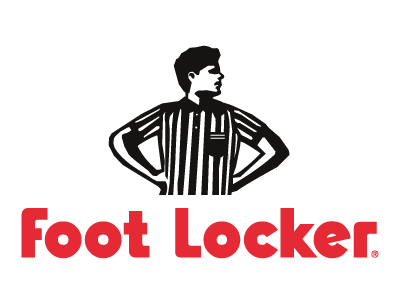
Opening a Foot Locker franchise is an exciting opportunity, but it also requires a serious financial commitment. With startup costs ranging from $400,000 to $1,000,000+, many entrepreneurs wonder: How do I finance my Foot Locker franchise?
Here’s a breakdown of the most common funding options for franchisees.
1. Personal Savings
The most straightforward way to finance your franchise is through personal capital.
- Pros: Full ownership, no debt obligations
- Cons: High personal risk if you invest all your savings
- Best For: Entrepreneurs with strong liquid assets
2. Bank Loans
Many banks offer small business loans or franchise-specific financing.
- Secured Loans: Backed by collateral such as property or investments
- Unsecured Loans: Higher interest, but no collateral required
- Pros: Access to large sums of capital
- Cons: Requires good credit and detailed business plan
3. SBA Loans (U.S. Franchisees)
In the United States, the Small Business Administration (SBA) guarantees loans for qualified franchise businesses.
- Lower interest rates
- Longer repayment terms
- Easier approval with SBA backing
- Foot Locker franchisees may qualify depending on region and structure
4. Investor Partnerships
Some franchisees team up with business partners or silent investors.
- Shared risk and capital contribution
- Can bring in strategic expertise
- Requires clear legal agreements on profit-sharing and control
5. Franchisor Financing or Incentives
Foot Locker may offer:
- Payment Plans for Franchise Fees
- Co-investment Programs in new territories
- Marketing Subsidies for grand openings
(Availability varies by region—check with Foot Locker’s franchise team.)
6. Alternative Financing
Creative financing options are becoming more popular:
- Equipment Leasing: Spread out costs of POS systems, fixtures, and displays
- Crowdfunding: Community investors contribute in exchange for rewards or equity
- Home Equity Loans: Using property value to secure financing
How Much Capital Do You Need?
Typical financial requirements for Foot Locker franchise approval:
- Liquid Capital: $150,000 – $250,000
- Net Worth: $500,000 – $1 million+
- Credit Score: Strong personal credit history recommended
Final Thoughts
Funding a Foot Locker franchise doesn’t have to be overwhelming. By combining personal savings, loans, partnerships, and franchisor support, most entrepreneurs can secure the capital they need to launch successfully.
At FootLockerFranchise.com, we’ll continue to provide resources, financial insights, and application tips to help you fund your dream store.

